Which is a good electronic signature software? Recommended 6 Best Products for 2025
As an important technological tool in the digital age, electronic signatures have become a convenient assistant for daily management and business transactions of organizations. Choosing the right electronic signature tool can not only help organizations solve the problem of physical seal supervision, but also significantly improve document signing efficiency. This article has selected 6 compliant and user-friendly electronic signature products for everyone, combined with in-depth analysis, to help you screen the most suitable products for yourself:
1. Analysis of the 6 best electronic signature software for 2025:
1. Contract Lock
Contract Lock is a leading brand in the electronic signature industry, and also the preferred platform for electronic signature applications by governments and large and medium-sized organizations. Contract locks not only provide simple electronic signature services, but their products integrate“ Digital identity authentication, electronic signature, seal control, digital archiving, data storage and certification; Through various service capabilities, we can truly achieve full lifecycle management from seal production, management, use, destruction, and analysis.
Reason for recommendation:
① Leading market share: According to the Frost&Sullivan report, Contract Lock has the highest total number of medium to large customers and localized deployment in the industry. Excellent integration capability: It can seamlessly integrate with hundreds of mainstream management software such as ERP, OA, CRM, etc., with over 300 functional interfaces available for integration and calling. ③ Compliance and Security: Designed strictly in accordance with the requirements of the Electronic Signature Law, possessing numerous authoritative certificates such as the "Commercial Password Product Certification Certificate", "Information System Security Level Protection Level 3 Filing Certificate", "ISO27001 Information Security Management System Certification", "Confidential Information System Product Testing Certificate", etc., to ensure that the product has legal effect.
2. Anxin Sign
Anxin Sign is independently developed by the China Financial Certification Center (CFCA) and has a natural financial level trust gene. It adopts national secret algorithm, integrates bank card element verification, live detection, public security department facial comparison and other multiple identity verification to ensure the authenticity of the signatory's identity and willingness. In high-risk signing scenarios such as credit contracts and insurance policies, full chain data encryption and judicial evidence storage can be provided.
Recommendation reason:
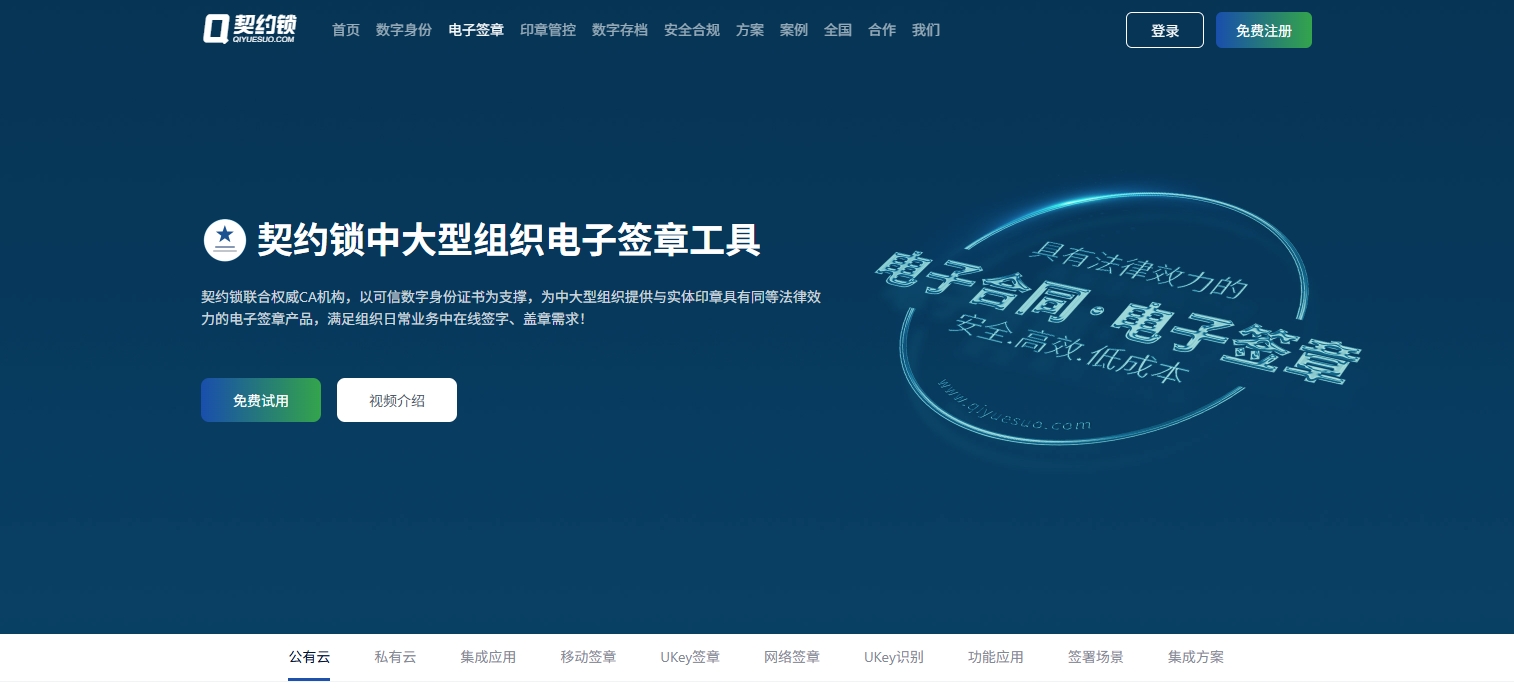
① Strong identity verification: Supports multi-dimensional real name authentication to ensure the authenticity and reliability of the signing parties.
② High industry adaptability: in line with the standards of the Ministry of Culture and Tourism's "Management and Service Specification for Tourism Electronic Contracts", it helps the paperless transformation of the tourism industry. ③ Complete legal compliance: Provide encryption, tamper proof, and evidence retention services to meet judicial evidentiary requirements.
3, DocuSign
DocuSign supports 44 countries' electronic signature regulations such as eIDAS (European Union) and ESIGN Act (United States), providing 43 language signing interfaces. A contract can simultaneously meet the legal requirements of multiple countries, helping to break down global regional compliance barriers and suitable for cross-border signing business of multinational enterprises.
Recommendation reason:
① Intelligent technology assists in contract review and analysis, achieving full process management of contracts. ② Deeply integrated with systems such as Salesforce to achieve data sharing. ③ High compliance and secure cross-border signing.
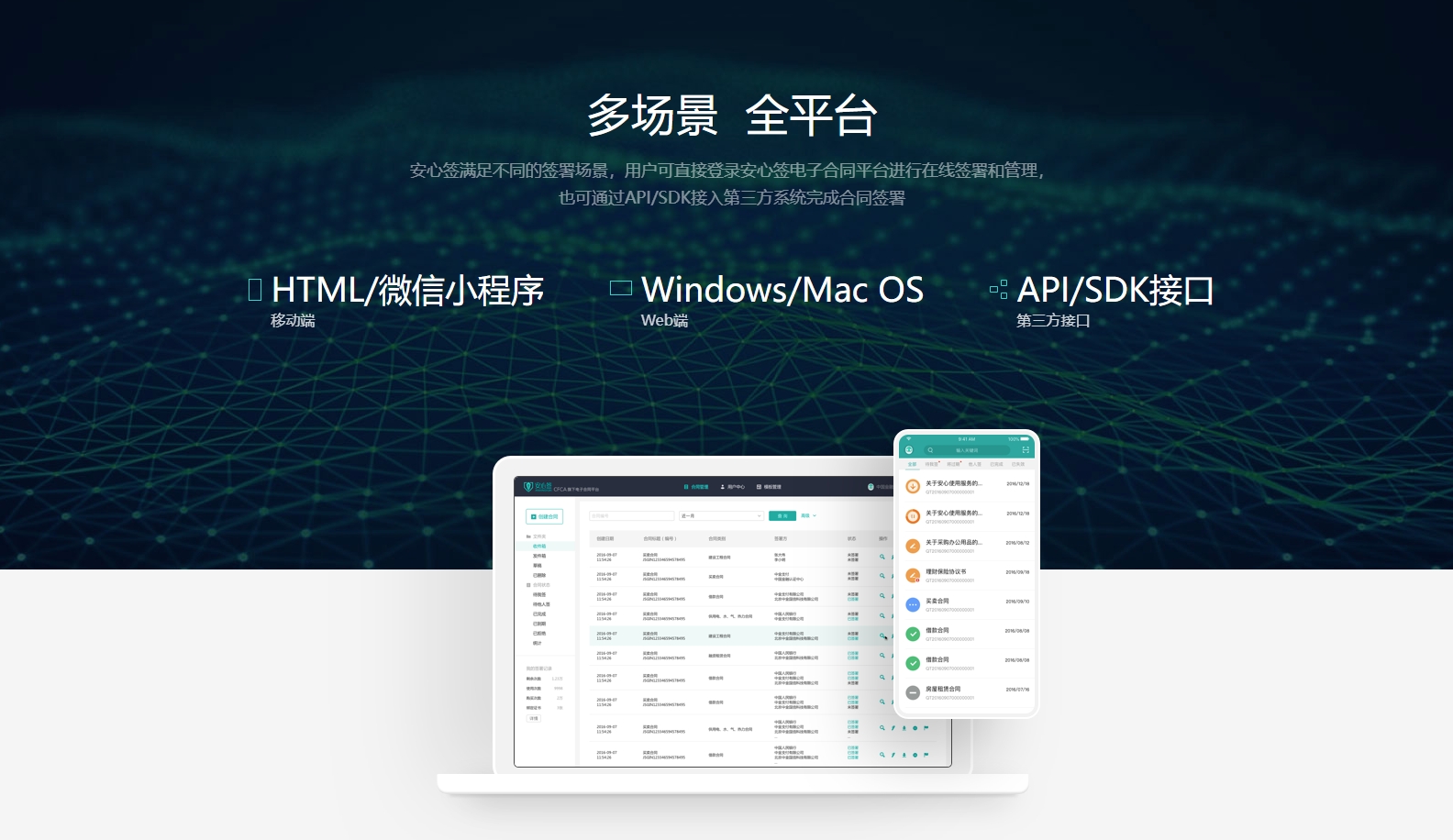
img src=" https://dl.qiyuesuo.com/image/3307ec2889914e6984aae9d513248546.
png" style="width: 300px; 4. Zhixiang Sign focuses on the vertical electronic signature scenario of human resources, developed by Zhongzhi Group, and supports deep integration of modules such as social security, onboarding, and file management, achieving a closed loop from electronic labor contract signing to employee lifecycle management. After the Ministry of Human Resources and Social Security clearly recognized the legal validity of electronic labor contracts, Zhixiang Sign stood out with its triple verification technology of live detection, public security identity database comparison, and trusted timestamp.
Reason for recommendation:
① Vertical optimization of human resources: suitable for electronic signing of labor contracts, naturally integrated with Zhongzhi human resources software.
② Convenient full process control: supports one-stop operations for onboarding, signing, and archiving, suitable for remote signing scenarios. ③ Judicial level certification capability: Real time encrypted certification, providing legal dispute certification reports, in compliance with the electronic labor contract standards of the Ministry of Human Resources and Social Security. HelloSign is a lightweight and collaborative electronic signature application. After being acquired by Dropbox, HelloSign will; Minimalist Experience” Strive to the extreme. It seamlessly integrates into office ecosystems such as Slack and Google Workspace, allowing users to sign attachments directly in Gmail or initiate contract co signing within the Slack channel. Its no code workflow configuration is particularly suitable for small and medium-sized enterprises and agile teams.
Reason for recommendation:
① Deep integration of sales process: Create/send contracts directly on HubSpot, seamlessly connecting customer management processes. ② Lightweight and efficient collaboration: automatic reminder of signing progress, supports template based batch processing, and shortens the signing cycle. ③ Low cost and easy to deploy: Provides a multi tiered subscription solution, suitable for small and medium-sized enterprises to quickly access.
6. Micro signature
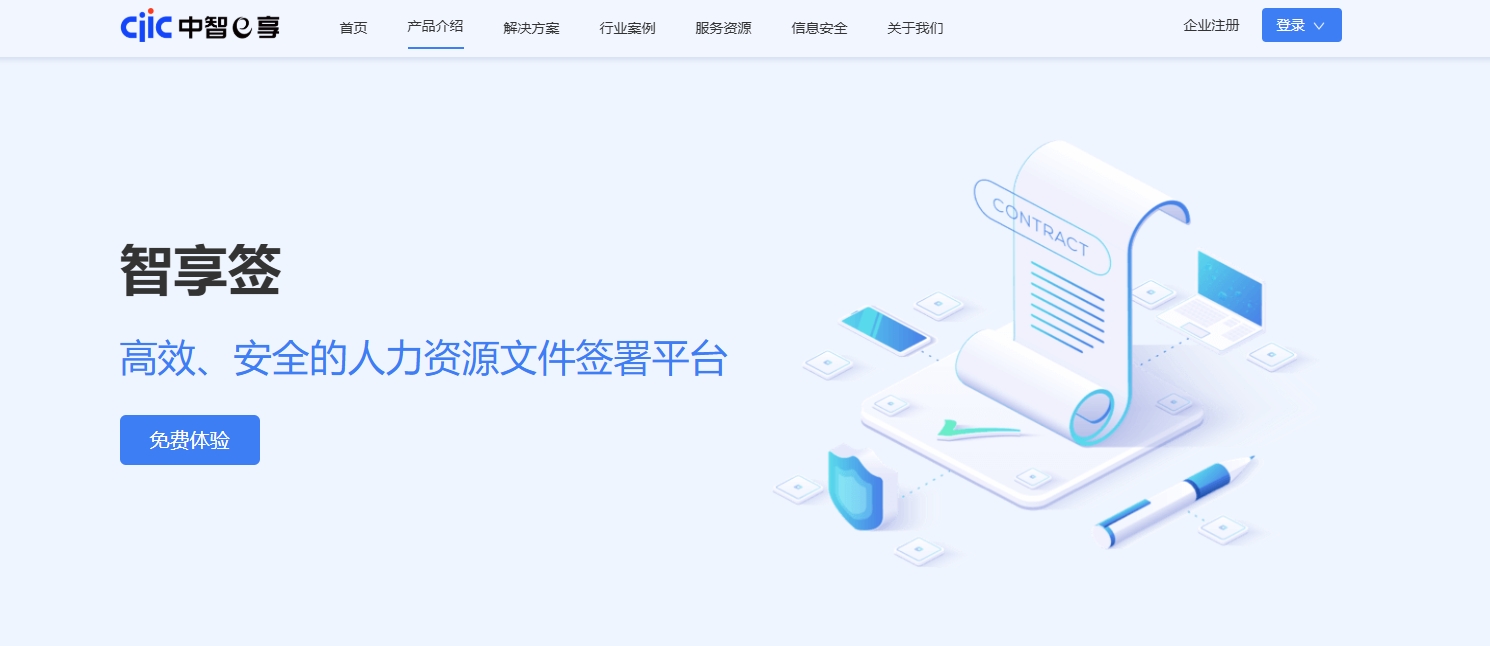
Micro signature leads the lightweight electronic signature service, with flexible approval, and can provide“ Single person signature, joint signature, or signature; Advanced approval functions such as free combination, node rollback, and automatic archiving. For organizations with complex approval levels, the thousands of yuan level privatization deployment solution of WeChat Pay balances security and cost-effectiveness.
Recommendation reason:
① Industry scene innovation: pioneering electronic logistics receipts, solving the pain points of high paper signing costs and easy loss. ② Customization in vertical fields: providing exclusive solutions for logistics, leasing, etc. ③ Flexible localization deployment: supports private deployment, ensures data sovereignty, and adapts to the security needs of government and enterprises. 2. How to choose the electronic signature software that suits oneself? There are many types and functions of electronic signature software on the market, each with its own highlights and expertise. Seizing the following 5 points can help you conduct preliminary screening and choose the most suitable electronic signature product for yourself:
1)
Check compliance
: It must comply with the Electronic Signature Law and provide CA authentication and judicial evidence storage capabilities to be reliable.
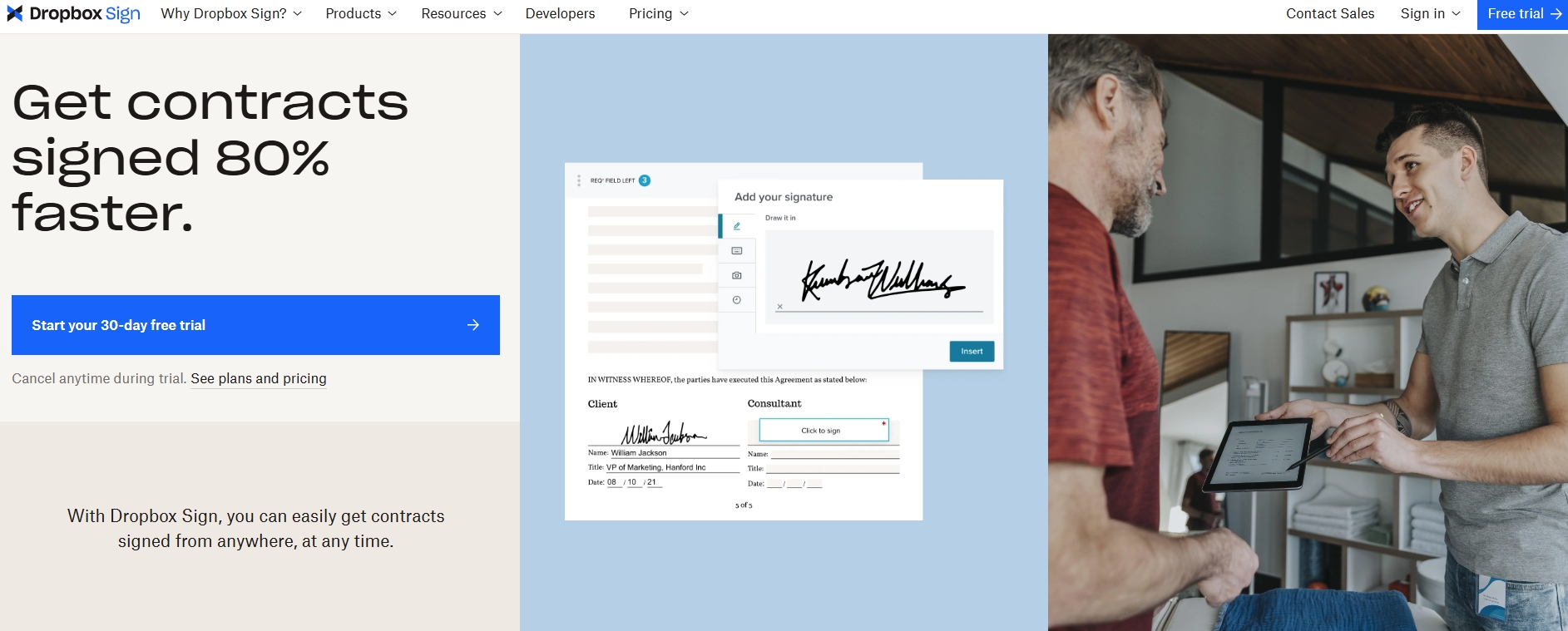
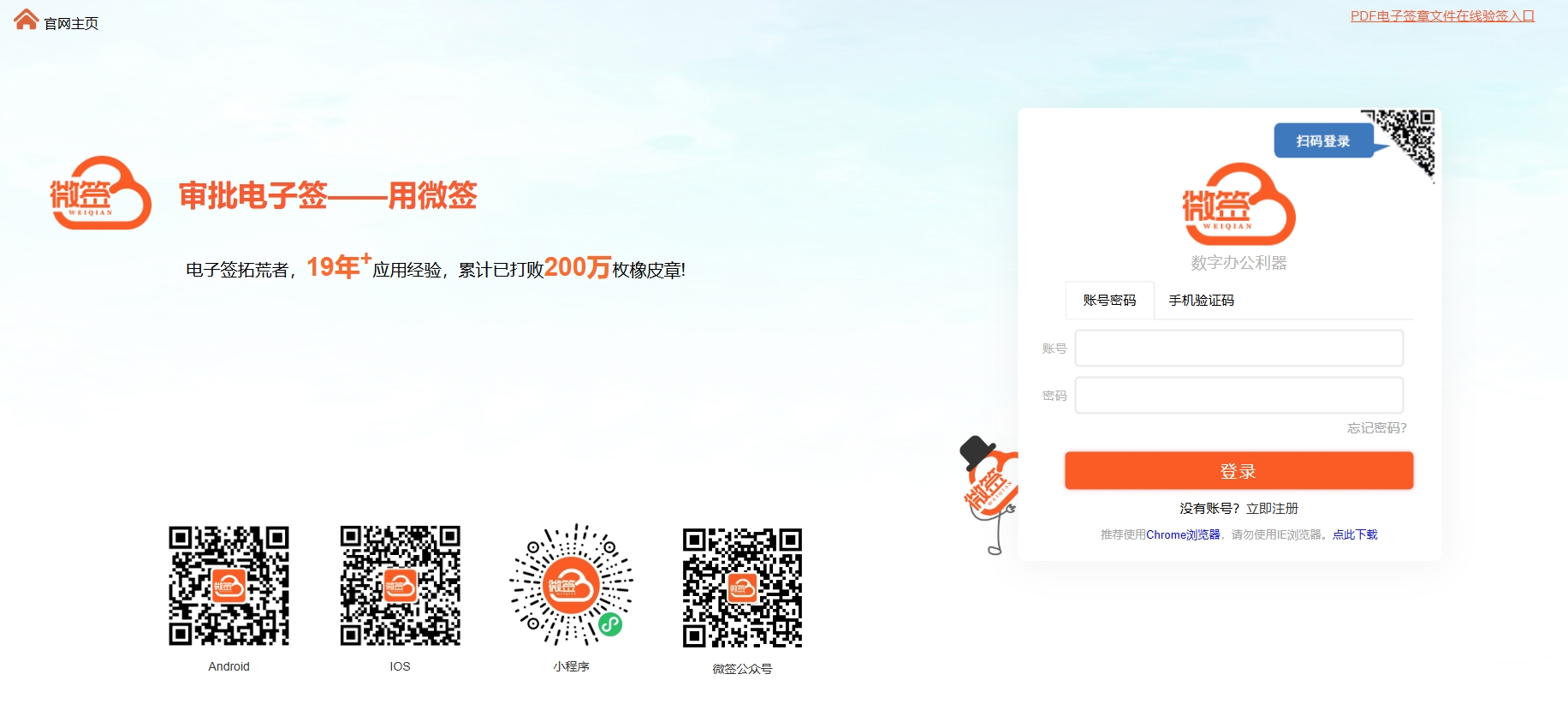
2) Match scene For example, large and medium-sized enterprises can choose contract locks for localized deployment, while individuals/small businesses can choose Tencent Electronic Signature for SaaS services.
3) Check security Encryption technology, identity verification (facial recognition/SMS), and tamper proof functions are all indispensable.
4) Test integration degree Electronic signature software is a part of the digital system of enterprises, which can seamlessly integrate with existing OA, ERP and other systems. It can help expand the usage scenarios on the existing digital foundation and is important for long-term use by enterprises.
5) Compared to service : Priority should be given to those with industry cases and local service agencies, so that needs can be responded to faster and solutions can be matched more quickly. Simply put, being legal, user-friendly, secure, and able to integrate with existing systems is a good choice.
Summary:
The above 6 software are comprehensively analyzed and compared based on their technical characteristics and application scenarios. Users can further choose according to their actual needs, such as industry compatibility, integration complexity, cost budget, usage scenarios, etc.
.FAQ for electronic signatures:
1. What is an electronic signature? Does it have legal effect?
Answer: Electronic signature is the use of cryptographic technology to sign/stamp electronic documents in electronic form, used to identify the signatory's identity and indicate their approval of the document content. As long as it complies with the provisions of the Electronic Signature Law; Reliable electronic signature; The conditions (such as exclusivity, controllability, immutability, etc.) have the same legal effect as handwritten signatures or physical seals.
2、 In which scenarios can electronic signatures be used?
Answer: Electronic signatures are widely used in contract signing (such as business contracts, labor contracts, lease agreements), administrative approval, financial transactions (loans, account opening), logistics documents, electronic bills, internal document circulation and other scenarios. At present, except for documents related to personal relationships such as marriage, adoption, inheritance, or the cessation of public utility services such as water supply, heating, and gas supply as stipulated in the Electronic Signature Law, all other documents are basically applicable.
3、 Is there a risk of electronic signatures being forged?
AnswerFirstly, everyone must choose a compliant third-party electronic signature platform, because a compliant and reliable electronic signature platform can greatly reduce the risk of forgery and ensure traceability and verifiability through strict identity authentication (face, bank card, public security database, etc.), digital certificates (issued by CA institutions), encryption technology, timestamps, blockchain certificates, and other means.
4、 Will data from third-party electronic signature platforms be leaked?
AnswerA formal and compliant platform will invest a lot of resources to ensure security, including strong encrypted storage and transmission, strict access control, compliance with national information security level protection requirements, security auditing, disaster recovery mechanisms, etc. Choosing a platform with authoritative certification and good reputation can minimize this risk to the greatest extent possible. And sensitive user information can be encrypted and stored, and the platform itself cannot directly view it.
5、 How to provide evidence in case of disputes arising from the use of electronic signatures?
AnswerWhen a dispute occurs, the signing party can apply to the electronic signature platform to obtain and submit an electronic evidence package..This evidence package typically includes: complete contract documents with electronic signatures, real name authentication records of signatories, accurate and trustworthy signing timestamps, operation process logs, digital certificate information, and possible blockchain certification records. After being verified by judicial appraisal institutions, these can be submitted as valid evidence to the court or arbitration institution.
 沪公网安备 31011202012092号
沪公网安备 31011202012092号